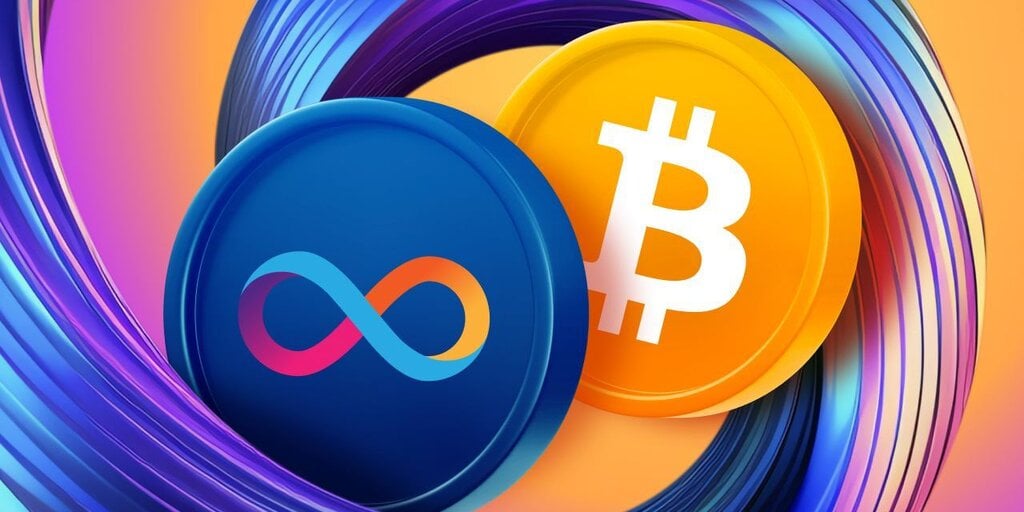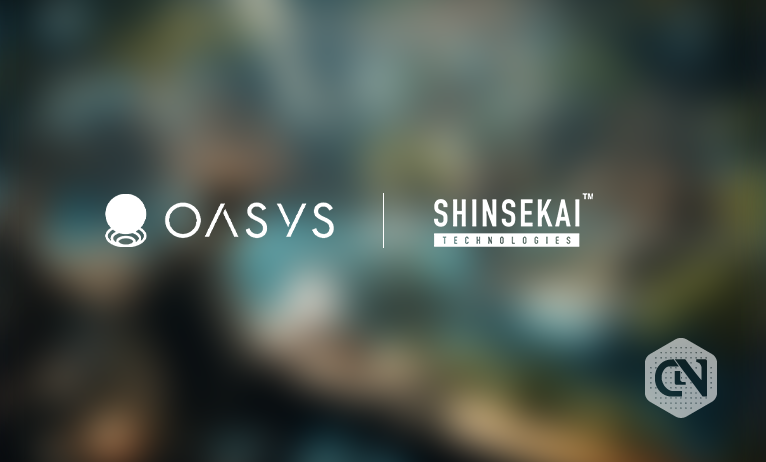Dfinity Enhances Internet Computer’s Bitcoin Integration
With the upcoming Bitcoin halving and Runes protocol launch this weekend, Dfinity is further bolstering Internet Computer’s connection to the Bitcoin ecosystem by introducing support for etching Runes tokens and other BTC-centric features. This development was announced by the company on Tuesday.
Incorporating Bitcoin Functionality
Amid a growing number of developers gearing up for the Runes launch, Dfinity revealed that its “Bitcoin layer zero” upgrade enables users to etch Runes tokens, transact BRC-20 tokens on the Bitcoin blockchain, and build Bitcoin DeFi applications. The latest Bitcoin integration on Internet Computer leverages the implementation of Threshold-Schnorr signatures, allowing ICP’s smart contracts to read Bitcoin addresses and sign transactions on-chain. The full rollout is anticipated in the upcoming summer.
Speaking to Decrypt, Dfinity’s Senior Research Scientist Aisling Connolly explained that the integration aims to enhance functionality and efficiency. She highlighted that the Threshold-Schnorr signature scheme, compared to the existing ECDSA used in Bitcoin, is simpler and facilitates easier analysis to ensure robust security measures.
Internet Computer’s Blockchain Architecture
Launched in 2021, Internet Computer is a decentralized blockchain network designed to replace conventional cloud services with a globally distributed system. The platform has been actively attracting various developers and projects exploring Bitcoin-centric functionalities.
In parallel developments within the Bitcoin ecosystem, Bitfinity and Bioniq have unveiled initiatives utilizing Internet Computer for Bitcoin Ordinals and NFT-like assets. The integration of Threshold-Schnorr signatures will enable smart contracts to seamlessly interact with Bitcoin’s blockchain, enabling the creation of efficient, cost-effective, and non-custodial layer-2 solutions, sidechains, and decentralized applications.
Empowering Bitcoin Developers
Connolly outlined Internet Computer’s strategy to entice Bitcoin developers by offering tools to enhance existing applications for increased decentralization and supporting the development of new protocols. While acknowledging that some Bitcoin enthusiasts may not immediately embrace Internet Computer, she emphasized the platform’s unique advantages, such as security, fast finality, minimal fees, and seamless integration capabilities.
She concluded by highlighting the significance of distributed key generation protocols within the Internet Computer ecosystem, underpinning the security infrastructure crucial for efficient cryptographic operations. As Internet Computer continues to evolve as a prominent player in the blockchain space, it is poised to offer a compelling alternative for developers seeking innovative solutions within the Bitcoin ecosystem.
Image/Photo credit: source url





